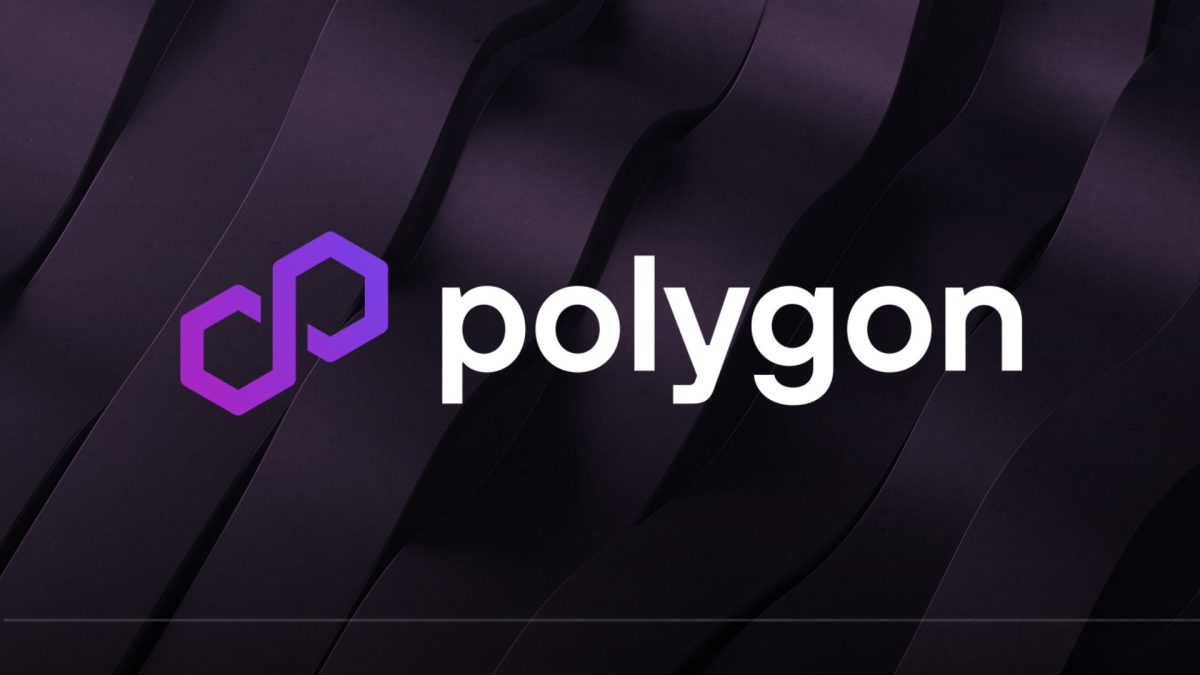Polygon activates Rio upgrade to revamp block production, speed up network

Quick Take
- Polygon has activated the Rio upgrade on its proof-of-stake network, introducing major changes to block production and validation.

Polygon, an Ethereum Layer 2 network, has activated the Rio hard fork on its proof-of-stake mainnet, a sweeping upgrade that redesigns block production and introduces stateless block verification to make the network faster and lighter for global payments and real-world asset use.
At the core of Rio is a new block production model where validators elect a small pool of producers and one producer proposes blocks for longer spans while designated backups stand by. Dubbed the Validator-Elected Block Producer (VEBloP), Polygon claims that this approach eliminates chain reorganizations and shortens block times. A companion economic change redistributes fees, including any captured MEV, so that non-producing validators remain incentivized.
Alongside this, PIP-72 brings “witness-based” stateless validation, letting nodes verify blocks without holding the full state. The idea is to reduce hardware costs and speed node sync, according to details shared by the team.
Polygon frames Rio as a step on its “GigaGas” roadmap, targeting roughly 5,000 transactions per second in the near term, with room to scale higher over time. Exchanges, including Binance, paused POL deposits and withdrawals around the hard-fork window to support the changeover.
What is Polygon?
Polygon is an Ethereum-aligned network focused on payments and on-chain value transfer, anchored by its PoS chain and a broader ecosystem, including AggLayer and zk-based efforts. According to The Block's data dashboard, it's the 13th-largest blockchain by total value locked with nearly $1.2 billion in TVL.
The push for speed and finality comes after a spate of summer stability incidents on Polygon PoS. Most notably, finality delays in September prompted an emergency hard fork, and an hour-long outage in late July was tied to a validator issue.
Disclaimer: The Block is an independent media outlet that delivers news, research, and data. As of November 2023, Foresight Ventures is a majority investor of The Block. Foresight Ventures invests in other companies in the crypto space. Crypto exchange Bitget is an anchor LP for Foresight Ventures. The Block continues to operate independently to deliver objective, impactful, and timely information about the crypto industry. Here are our current financial disclosures.
© 2025 The Block. All Rights Reserved. This article is provided for informational purposes only. It is not offered or intended to be used as legal, tax, investment, financial, or other advice.







